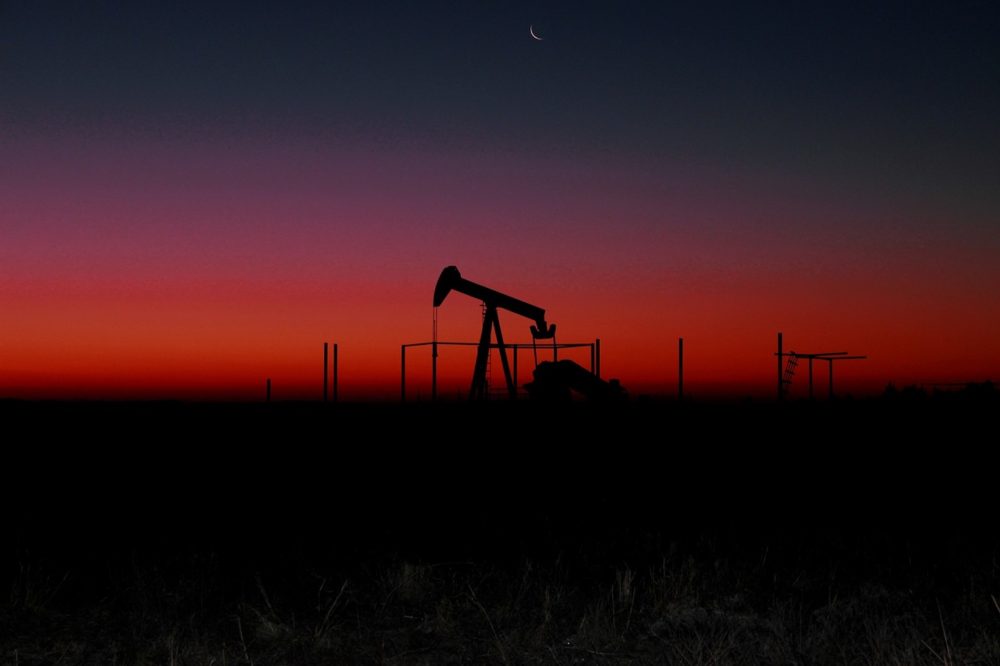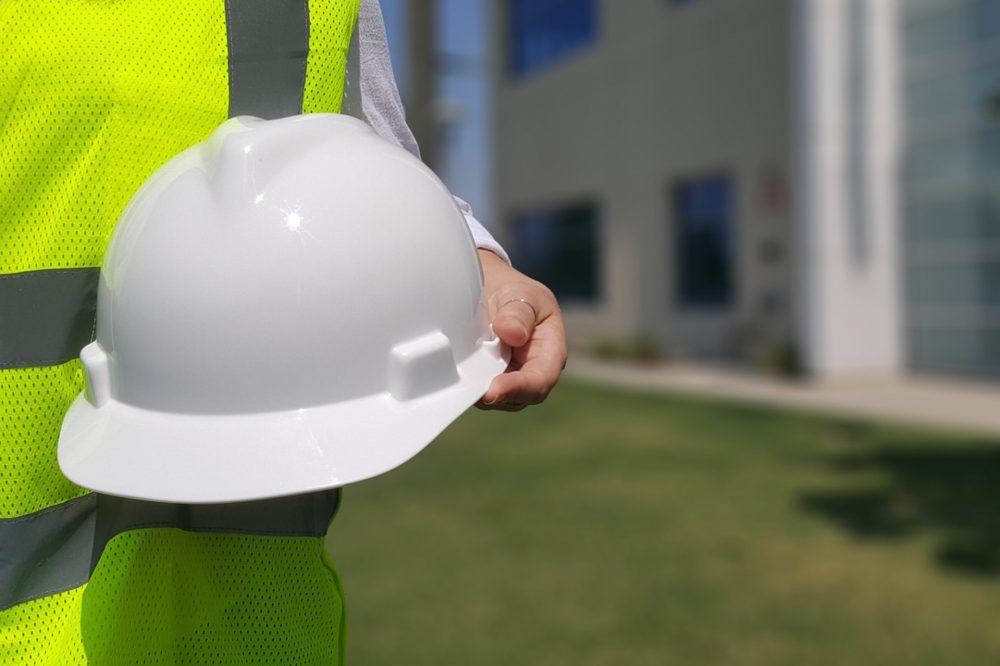Between now and the end of 2022, companies may need to focus on re-determination of previously registered boilers and heaters. Pre-existing boilers and heaters were registered in 2017, however many companies classified them as Class 80 (under subparagraph 34(1)(b)(vi)) due to a lack of stack test. In order to avoid complying with the most stringent Class 80 NOx limit, companies must conduct a stack test to confirm reclassification to a lower compliance level.
Pre-existing boilers and heaters, those that were commissioned before June 17th, 2016 are split into three classes based on the NOx emissions intensity.
- Class 40: <70g/GJ
- Class 70: ≥ 70 g/GJ and < 80 g/GJ
- Class 80: ≥ 80 g/GJ
For boilers and heaters classified as Class 40 there is no NOx emission limit. For Class 70 and 80 there is an emission limit of 26g/GJ, applicable in 2036 and 2026, respectively. Boilers and heaters that are reclassified as Class 40 require no further testing or compliance requirements, which makes this an ideal classification to fall under.
Redetermination must be completed by December 31, 2022 to change the classification of pre-existing boilers and heaters by means of a stack test or CEMS test (see Section 36 in MSAPR).
Companies must ensure that sample ports are installed and available for stack testing. Scoping the exhaust stacks for testing feasibility prior to the survey can streamline the testing day. North Shore recommends scoping the exhaust stacks for testing feasibility and conducting stack tests in 2021 and 2022.
Contact Tanner or Hillary at North Shore if you have any questions:
Tanner Nesbitt, EP
Emissions Specialist – Fugitive Emissions & MSAPR Coordinator
Main: 403-228-3095 ext.221
Email: tnesbitt@northshoreenv.com
Hillary Yeung, P.Eng
Air Quality and Emissions Coordinator
Main: 403-228-3095 ext.229
Email: hyeung@northshoreenv.com
MSAPR Background: Part 1 Boilers & Heaters
Multi-Sector Air Pollutants Regulation (MSAPR) is Canada’s first mandatory national air pollutant emissions standards that establishes a standard process for registering, testing, monitoring and reporting of NOx emissions and NOx emission intensity limits for boilers, heaters and engines. The regulations apply to all boilers and heaters with a rated capacity of over 10.5 GJ/h (10 mmbtu/h or 2.9 MW). Boilers and heaters are split into the different categories below, based on commissioning date.
- Pre-existing: commissioned before June 17th, 2016. Split into classes (40, 70 and 80) based on NOx emission intensity
- Transitional:
- Packaged equipment commissioned between June 17th, 2016 and Sept 17th, 2016
- Not packaged equipment commissioned between June 17th, 2016 and June 17th, 2019
- Modern:
- Packaged equipment commissioned on or after Sept 17th, 2016
- Not packaged equipment commissioned on or after June 17th, 2019
- Redesigned: Originally was not designed to combust gaseous fossil fuel and was redesigned to combust gaseous fossil fuel after June 17th, 2016
Important dates:
- Pre-existing boilers and heaters – classified: 2017
- Pre-existing boilers and heaters – classified under Class 80 can be re-determined via stack or CEMS test: December 31, 2022
- Pre-existing boilers and heaters – Class 80 NOx emission intensity limit: January 1, 2026
- Pre-existing boilers and heaters – Class 80 initial report: June 1, 2026
- Pre-existing boilers and heaters – Class 70 NOx emission intensity limit: January 1, 2036
- Pre-existing boilers and heaters – Class 70 initial report: June 1, 2036
- Redesigned, transitional and modern boilers and heaters – compliance report: June 1 following the end of the reporting period



